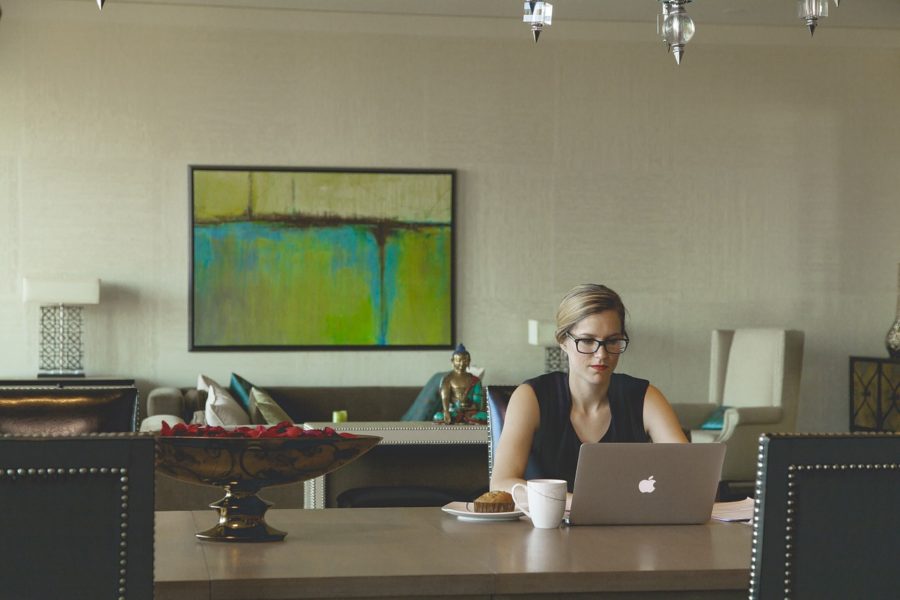Tyrrell: Here’s what you should know about coronavirus
Columnist Eileen Tyrrell encourages people to focus on what they can control amidst this coronavirus pandemic and to focus on keeping people safe.
March 31, 2020
Rumors, panic, fear — put it all to rest. Here’s what you should know about coronavirus.
Keep your expectations low. The White House just extended social distancing guidelines another 30 days, until April 30. We’re expected to see the peak of cases in about two weeks (April 15). After that, the rate of new cases each day should slow down, but that doesn’t mean that there no longer is any risk. This is not going to be a normal summer, and we should all prepare for and expect a summer of canceled events, continued intensive public health measures and some form of continued social distancing. We should also keep in mind that we may still be taking extreme measures in the fall, especially if COVID-19 turns out to be seasonal like the flu. As students, we should prepare ourselves for the possibility of canceled study abroad programs, reduced or canceled activities and even more school closures.
Keep yourself safe. COVID-19 primarily impacts elderly and immunocompromised people, although we know now that young people are at risk too, perhaps at greater risk than we previously thought. I mention this not because we should be panicking more now that we know young people can get sick — as if it matters less when elderly people die — but because I see people my age every day on Snapchat acting as if they’re invincible.
Gen-Z, let’s please be smart about this. The measures you can take to protect yourself are very simple and very effective: Stay home. When you do have to go out, stay six feet away from other people, because if the person next to you sneezes or coughs they release tiny airborne droplets that can spread a couple feet in every direction. Wash your hands after every time you touch a public surface, like a door handle, elevator button or credit card machine. If you become sick, isolate yourself from other people and stay home. Most people can recover from coronavirus, and you should stay away from the hospital unless you develop emergency warning signs such as trouble breathing or chest pain. Up until that point your goal is to take care of yourself and avoid infecting other people.
Let go of everything else. In this strange new reality, you can control how much you protect yourself, you can control your expectations, and…… that’s it. Everything else — the government response to the pandemic, how much other people are social distancing, the economy — is completely, 100 percent out of your control. Accept that. Meditate on it. Trying to control things that you just can’t only fosters a sense of increased panic and prevents us from taking smart and practical steps rather than exhibiting behaviors like panic buying. In my last article, I wrote about the underappreciated benefits of taking a walk. Focus your energy on tasks like that — a daily walk, a meditation practice, a calming hobby like coloring, yoga or crosswords. Make healthy sleeping and eating habits your priority. These are the things we can control, and focusing your energy on them rather than how many events are going to get canceled or what other people are doing is one of the best things you can do for your mental health right now.
Also, I would like to point out that we’re in the midst of a pandemic, not a mainstream media “stupid hoax.” It’s important to be smart about this situation — not panicked and not lazy or defiant either. Whether you’re red or blue, your chances of getting this virus are the same. So please, please, let’s not make this a partisan issue, but focus on keeping ourselves and those around us safe above all else.
The situation we’re living through right now is unlike anything almost everyone alive today has experienced. Let’s not remember it as a time of panic and disappointment, but as a time when we became stronger and more resilient; when we became closer neighbors, friends and family; when we took the time to slow down, look at the lives we have created, and appreciate them for what they are. If we are lucky, we will never experience anything like this again.







